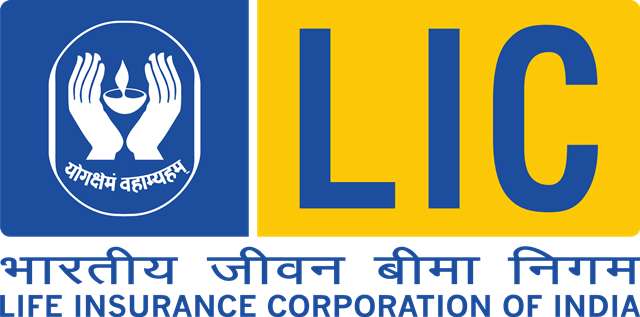The Life Insurance Corporation (LIC) of India has refuted claims made by the US Trade Representative (USTR) that the insurance company receives “special treatment” from the Indian government and regulators. The USTR report alleged that LIC’s statutory guarantee, which was put in place when the company was established in 1956, gives it an unfair competitive advantage over private insurance companies. The report claimed that this guarantee allows LIC to secure business from ordinary citizens at the expense of privately-run insurers.
However, LIC has denied these claims, stating that the guarantee was designed to build public confidence in the early years of nationalization and has never been invoked or used as a marketing tool. The company also pointed out that it operates in a competitive market alongside 24 private life insurance companies, and has done so for the past 25 years.
LIC’s CEO, Siddhartha Mohanty, reiterated the company’s commitment to upholding the highest standards of governance, service, and customer trust. The company also emphasized that it is treated like any other insurance company by the government and regulators, and that its operations are subject to the same rules and regulations as private insurers.
The USTR report also mentioned the National Payments Corporation of India as receiving favourable treatment from the government, but did not provide any specific examples or evidence to support these claims. LIC’s response has been met with skepticism by some, who argue that the government’s guarantee does give LIC an unfair advantage. However, the company’s CEO has maintained that the guarantee has not been misused and that the company operates in a competitive market.
Overall, the dispute highlights the growing tensions between India and the US over trade and investment issues. The USTR report was seen as a significant escalation in the trade dispute, and LIC’s response has sparked a heated debate over the level of government support given to state-run companies in India.

